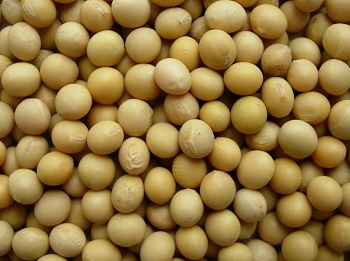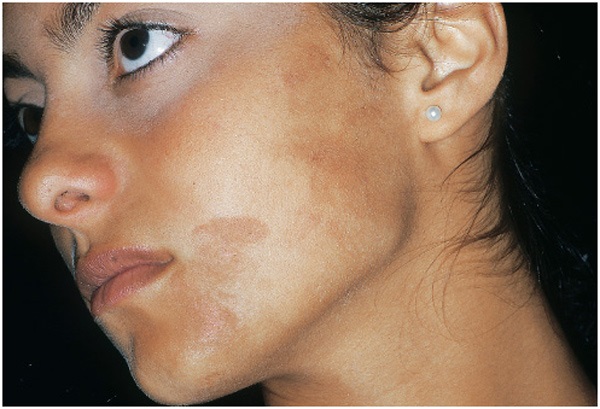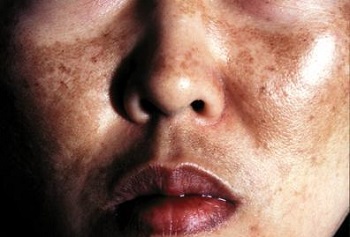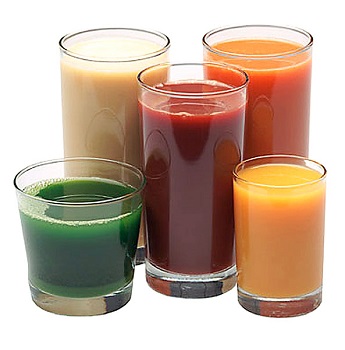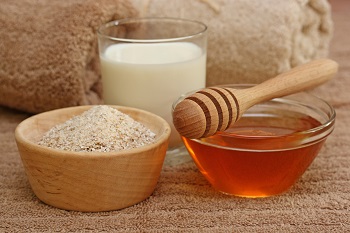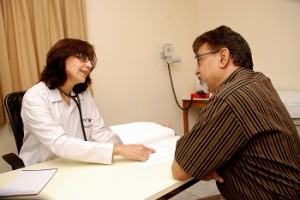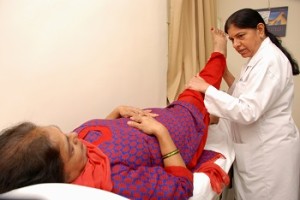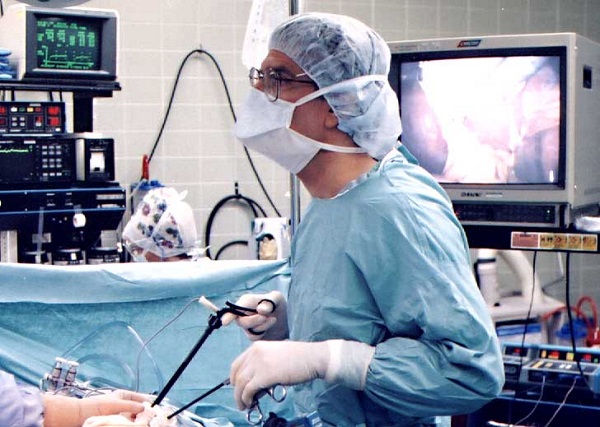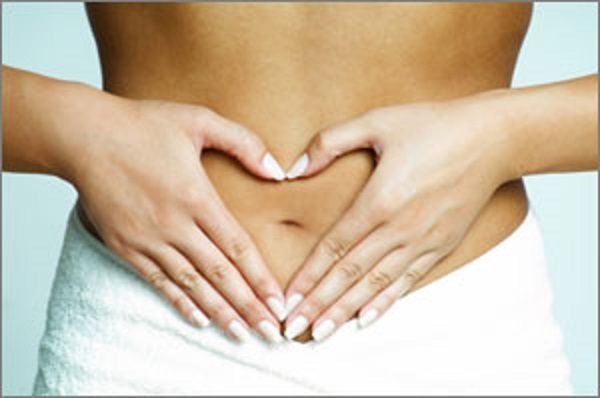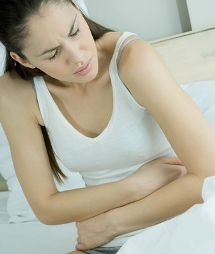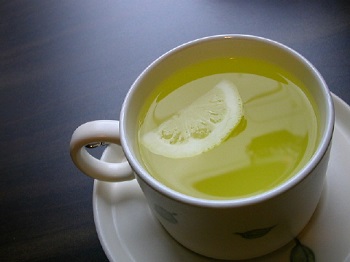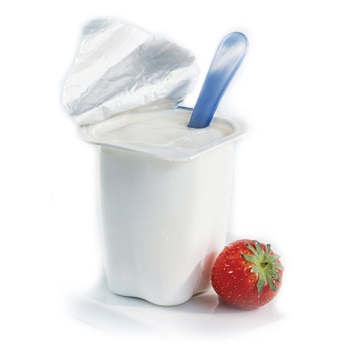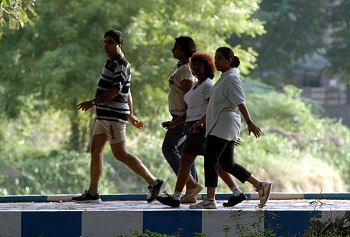Diabetes is the fastest growing long term disease that affects millions of people worldwide. Here’s how you recognise the symptoms.
by Deepa Mistry
Diabetes is a condition where the amount of glucose in your blood is too high because the body cannot process it properly. This is because your pancreas does not produce any insulin, or not enough, to help glucose enter your body’s cells – or the insulin that is produced does not work properly (known as insulin resistance). The term diabetes is the shortened version of the full name ‘diabetes mellitus’.
‘Diabetes mellitus’ is derived from the Greek word ‘diabetes’ meaning ‘siphon’ – to pass through and the Latin word ‘mellitus’ meaning ‘honeyed’ or ‘sweet’. This is because in diabetes, excess sugar is found in the blood as well as in the urine. It was known in the 17th century as the “pissing evil”.
 There are two types of diabetes – Type 1 and type 2. Type 1 diabetes is called insulin-dependent diabetes mellitus and occurs at a younger age or childhood. In these patients there is complete lack of the hormone insulin that mandates external administration of the hormone regularly as treatment. Worryingly, many patients around the world and in our country are increasingly finding themselves in this category. Around 75 per cent of sufferers have type 2 diabetes mellitus. The reasons for this are poor nutrition, rising stress levels, an improper metabolism and lack of fitness.
There are two types of diabetes – Type 1 and type 2. Type 1 diabetes is called insulin-dependent diabetes mellitus and occurs at a younger age or childhood. In these patients there is complete lack of the hormone insulin that mandates external administration of the hormone regularly as treatment. Worryingly, many patients around the world and in our country are increasingly finding themselves in this category. Around 75 per cent of sufferers have type 2 diabetes mellitus. The reasons for this are poor nutrition, rising stress levels, an improper metabolism and lack of fitness.
Studies show diabetes is classed as a metabolism disorder. Metabolism refers to the way our bodies use digested food for energy and growth. Diabetes specialist Dr Runwal says, “Even though it is caused due to various reasons, one being hereditary, but the changing lifestyles and stressful lives that youngsters live in results in most of the patients being aged 25 and above are being detected with it at such an early age. It’s very essential to follow a healthy diet and exercising daily is a must. Diabetes is linked with many complications and people who suffer from it must be very careful with their eating and drinking habits.”
Type 2 diabetes was earlier termed non-insulin dependent diabetes mellitus (NIDDM) or maturity-onset diabetes mellitus. In this, not enough insulin is produced or the insulin that is made by the body is insufficient to meet the needs of the body. Obesity or being overweight predisposes to type 2 diabetes. Gestational diabetes occurs in pregnant women who have never had the disease before but who have high blood sugar levels during pregnancy. Gestational diabetes affects about 4 per cent of all pregnant women. After childbirth the mother may go on to develop type 2 diabetes.
The problem with the disease is that it causes complications in other parts of the body.
- Eye complications – glaucoma, cataracts, diabetic retinopathy.
- Foot complications – neuropathy, ulcers, and sometimes gangrene which may require the foot to be amputated.

- Skin complications – people with diabetes are more susceptible to skin infections and skin disorders
- Heart problems – such as ischemic heart disease, when the blood supply to the heart muscle is diminished
- Hypertension – common in people with the disease, which can raise the risk of kidney disease, eye problems, heart attack and stroke.
- Mental health – uncontrolled diabetes raises the risk of suffering from depression, anxiety and some other mental disorders
- Hearing loss – patients have a higher risk of developing hearing problems
- Gum disease – there is a much higher prevalence of gum disease among diabetes patients
- Gastroparesis – the muscles of the stomach stop working properly
- Neuropathy – diabetic neuropathy is a type of nerve damage which can lead to several different problems.
- Nephropathy – uncontrolled blood pressure can lead to kidney disease
- PAD (peripheral arterial disease) – symptoms may include pain in the leg, tingling and sometimes problems walking properly
- Stroke – if blood pressure, cholesterol levels, and blood glucose levels are not controlled, the risk of stroke increases significantly
- Erectile dysfunction – male impotence.
- Infections – people with badly controlled diabetes are much more susceptible to infections
- Healing of wounds – cuts and lesions take much longer to heal.
Don’t invite diabetes, start taking care of yourself today. Follow a simple diet daily, exercise and practice yoga to keep your body fit. A lot of people believe the disease is caused due to excess eating of sweets or you will get it if you are overweight/obese. This is false; it is caused when their immune system has destroyed the insulin-producing beta cells. A diet high in calories, which can make people overweight/obese, raises the risk of developing type 2 diabetes, especially if there is a history of this disease in the family.
Diabetes is serious – two thirds of patients die prematurely from stroke or heart disease. The life expectancy of a person with diabetes is from five to ten years shorter than other people’s. Many times we ignore minor symptoms, but always remember ‘prevention is better than cure.’ It’s never too late to visit your nearest doctor and get yourself examined.
Sources: Medical News Today, Diabetes- UK care.
(Pictures courtesy tudiabetesmellitus.com, 036e79b.netsolhost.com, www.modernfamilyideas.com)



